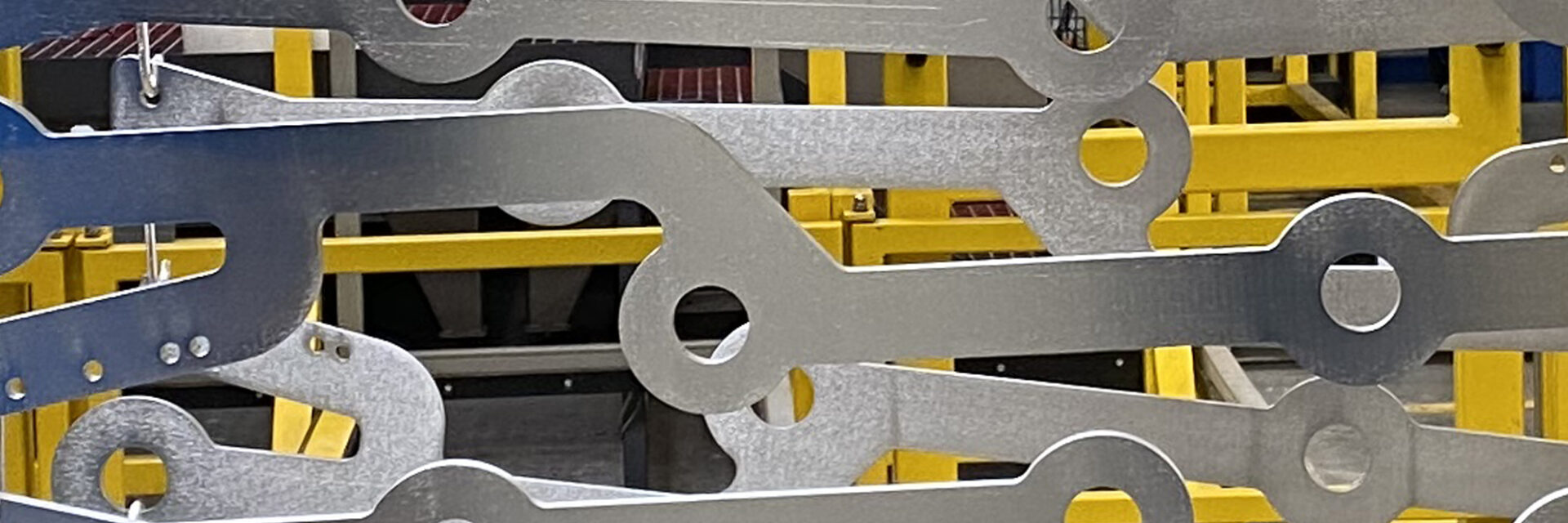Tin plating
Tin plating creates a lustrous, white coating. Tin is highly ductile, has good solderability and provides fine corrosion resistance in certain environments. It can be applied to all metals.
Request a quote
The most common application of tin on steel is in the canning industry. Like autocatalytic nickel, tin is also suitable for food-grade packaging. As a result, it is widely used in the food sector.
Tin on copper or aluminium is also commonly used in electronics to improve the corrosion resistance of connections or conductors. In the tin plating of aluminium and brass, an intermediate layer of nickel is needed to prevent diffusion of the aluminium or zinc into the tin layer.
Features
- Highly ductile
- Good solderability
- Generally good corrosion resistance
- Food grade
- Layer thicknesses from approx. 5 µm to 30 µm

